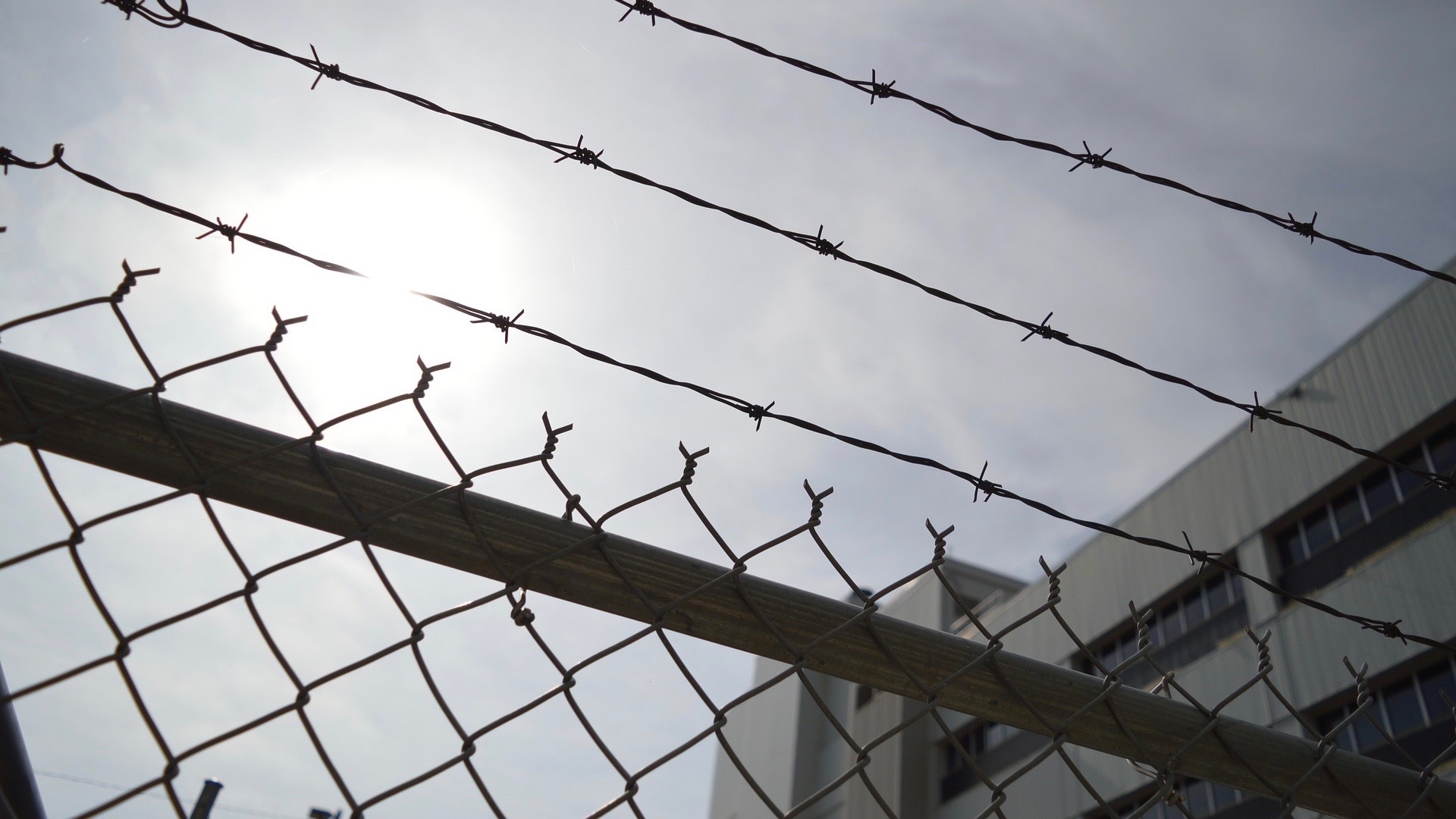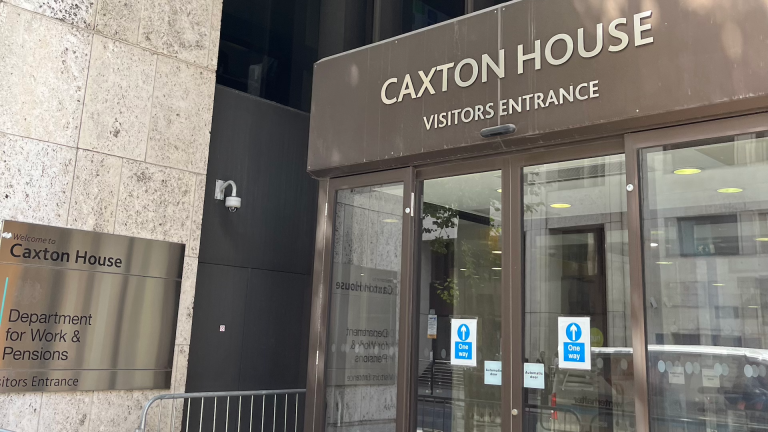Ministers are facing calls to take back control of private prisons after outsourcing giant G4S was permanently stripped of its contract to run the troubled HMP Birmingham.
Prisons minister Rory Stewart said the Ministry of Justice had “mutually agreed with G4S that the public sector is better placed to drive the long-term improvements required and the contract will end”. He said the Conservative government remained “absolutely clear that we still believe in a mixed economy of providers with some of our private prisons among the best performing in the country”.
But Birmingham’s failures have put the spotlight on other failures in Britain’s private prisons – and led opposition politicians and trade unions to call for a shake-up. Since the 1990s, 13 other prisons in England and Wales, and two in Scotland, have been handed over to contractors.
In his comments this week, Stewart said G4S was “running excellent prisons at Altcourse and Oakwood”. HMP Altcourse, in Liverpool, was praised by independent monitors last November for reducing violence and self-harm. But the same report [PDF] also described aspects of the prison’s healthcare regime as “inhumane” and said vulnerable prisoners were being discriminated against.
Recent inspections at Oakwood, in Staffordshire, have had broadly positive verdicts. But last July inspectors reported that violence had increased. And writing to the latest issue of prisoner newspaper Inside Time, Oakwood inmate James H said he was “being banged up 23 hours a day every day” in spite of struggling with his mental health. “All I want is to gain some purposeful activity, but it seems like you have to smoke Mamba to gain anything in this establishment,” he wrote.
It is obvious that when you put profits above safety you sow the seeds of disorder,
For the Prison Officers’ Association, the return of Birmingham to the public sector was welcome. “We have campaigned tirelessly since it was wrongly privatised in 2011 to have it returned to the state,” POA chair Mark Fairhurst said. “The more recent events enabled us to pressurise the government into making what is undoubtedly the correct decision for staff, prisoners and the taxpayer.”










